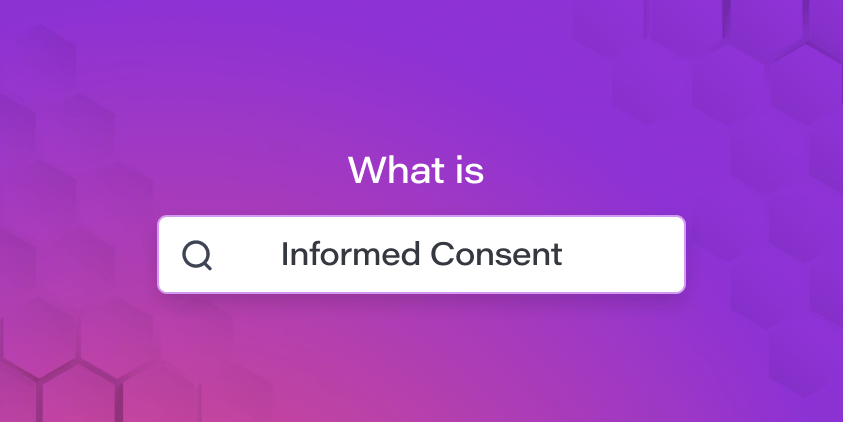
This article was written in collaboration with Christine T. and ChatGPT, our little helper developed by OpenAI.

Informed consent is a legal and ethical process in which a patient receives sufficient information about a proposed medical treatment or procedure, understands the potential benefits and risks, and voluntarily agrees to undergo the treatment or procedure. The process ensures that patients can make informed decisions about their healthcare and that healthcare professionals respect their autonomy.
| Synonym | Definition | Example |
|---|---|---|
| Voluntary Consent | A patient’s agreement to undergo a medical treatment or procedure without coercion or undue influence. | A patient voluntarily agrees to receive a flu shot after discussing the benefits and potential side effects with their healthcare provider. |
| Express Consent | A patient’s explicit agreement to a medical treatment or procedure, typically given verbally or in writing. | A patient signs a written consent form for a surgical procedure after discussing the details with their surgeon. |
| Implied Consent | A patient’s non-verbal agreement to a medical treatment or procedure, inferred from their actions or the circumstances. | A patient holds out their arm for a blood pressure check, indicating their implied consent for the procedure. |
Nurses play a crucial role in the informed consent process by providing patients with the necessary information, assessing their understanding and capacity, and ensuring that their decisions are voluntary. Some techniques and tools used in this process include:
Several assessment frameworks can guide nurses in the informed consent process, such as the American Nurses Association (ANA) Code of Ethics for Nurses and the Joint Commission’s Standards for Informed Consent. These frameworks emphasize the importance of patient autonomy, effective communication, and shared decision-making in the informed consent process.
Proper documentation of the informed consent process is essential for legal and ethical reasons. Nurses should document the following information in the patient’s medical record:
Informed consent is both a legal and ethical requirement for healthcare professionals. Failure to obtain informed consent may result in legal consequences, such as malpractice claims, as well as ethical concerns, such as violations of a patient’s autonomy and dignity. Nurses must be aware of their state’s laws and regulations regarding informed consent and follow best practices to protect their patients and themselves.
In a real-life example, a nurse may be responsible for obtaining informed consent from a patient before administering a new medication. The nurse would discuss the purpose, potential side effects, and potential benefits of the medication with the patient, and answer any questions they may have. The nurse would then assess the patient’s understanding and capacity to make an informed decision, document the informed consent process, and administer the medication if the patient consents.
For more information on informed consent and best practices for nurses, the following resources may be helpful:
Informed consent is a vital aspect of patient-centered care and nursing practice. By understanding the principles of informed consent and utilizing effective assessment techniques, nurses can support patients in making informed healthcare decisions and uphold ethical and legal standards within their profession.